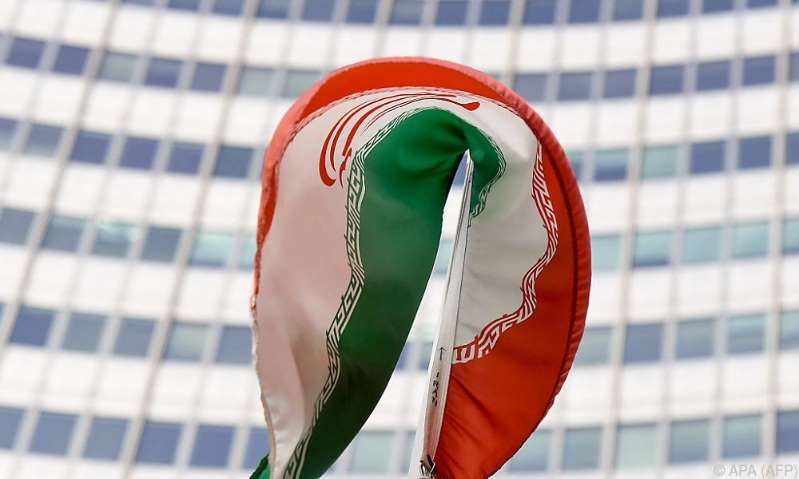After months of stagnation, Iran has agreed to talks on unresolved nuclear issues. The International Atomic Energy Agency (IAEA) will meet with representatives of Tehran at the beginning of April, initially at the level of technical experts, said IAEA boss Rafael Grossi in Vienna on Thursday. He hopes to clear up uranium particles by the summer that may reveal secret past activity or unknown inventory levels.

Image: APA (AFP)
In view of this development, Germany, France and Great Britain put a resolution critical of Iran before the Board of Governors of the Atomic Energy Agency on hold. “Iran must now prove that it is serious about reviving the 2015 nuclear agreement and entering into a dialogue with the USA,” said the German Foreign Office in Berlin.
Tehran's Foreign Office spokesman Said Chatibsadeh welcomed the decision against a resolution: “Today's step not only enables the continuation of the cooperation between the IAEA and Iran, but could also pave the way for the treaty implementation of the nuclear agreement.”
In his latest Iran report, Grossi expressed his concern that the country was not providing an explanation of the origin of uranium particles. Iran has now agreed to a “focused and systematic” educational process, according to Grossi. “Some open issues are to be clarified”. Grossi hopes the talks will move forward despite the current Iranian restrictions on IAEA inspectors. “I am a career optimist,” the IAEA chief continued.
Germany, France and the UK had planned to submit a text to the IAEA Board of Governors on Friday expressing “serious concern” that Iran is now restricting the inspection of its nuclear facilities. At the same time, they wanted to call on Tehran to re-authorize the inspections in full “immediately”. Iran protested vehemently against the resolution. The government in Tehran said that the adoption of the text could jeopardize efforts to save the 2015 nuclear deal.
The five UN veto powers USA, France, Great Britain, Russia and China as well as Germany concluded the nuclear deal with Iran in June 2015 after years of negotiations. It is supposed to prevent the Islamic Republic from building nuclear weapons. However, the former US President Donald Trump terminated the agreement in 2018 and had new sanctions imposed on Iran, under which the country's economy is suffering massively. Since then, Tehran has gradually withdrawn from its obligations under the agreement.
Trump's successor Joe Biden wants to revive the deal but demands that Tehran comply with the deal before the sanctions are lifted. Iran, on the other hand, is making the lifting of US punitive measures a prerequisite for the country's full compliance with the agreement.

